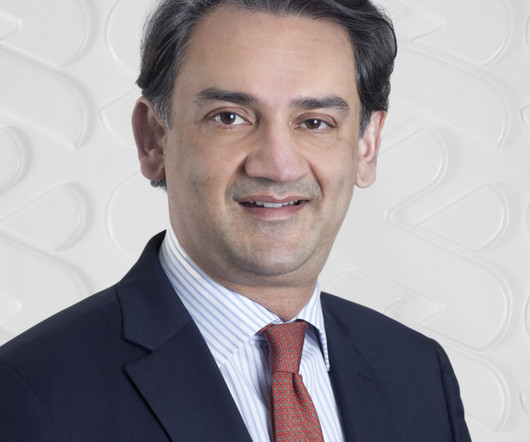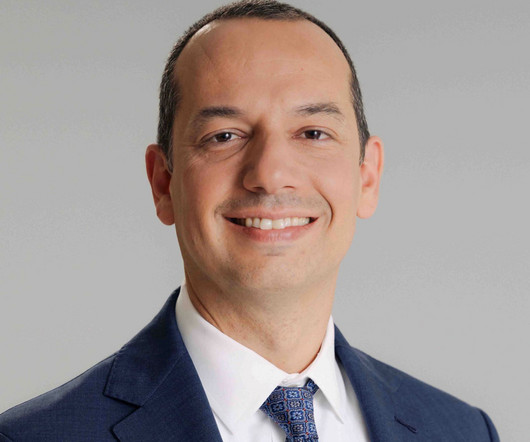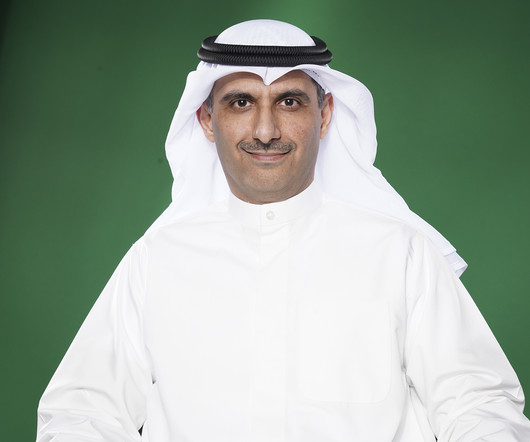Insurers’ Big Bet On Alternative Investments
Global Finance
APRIL 6, 2025
Faced with low yields, insurers are deepening ties with private equity and asset managers, turning to alternative investments amid regulatory headwinds. Life insurance companies used to be conservative investors. For decades, they relied on long-term bondssafe, steady, and predictableto match their policy obligations. But as interest rates plunged following the 2008 financial crisis, traditional investment models no longer delivered sufficient returns.

















Let's personalize your content